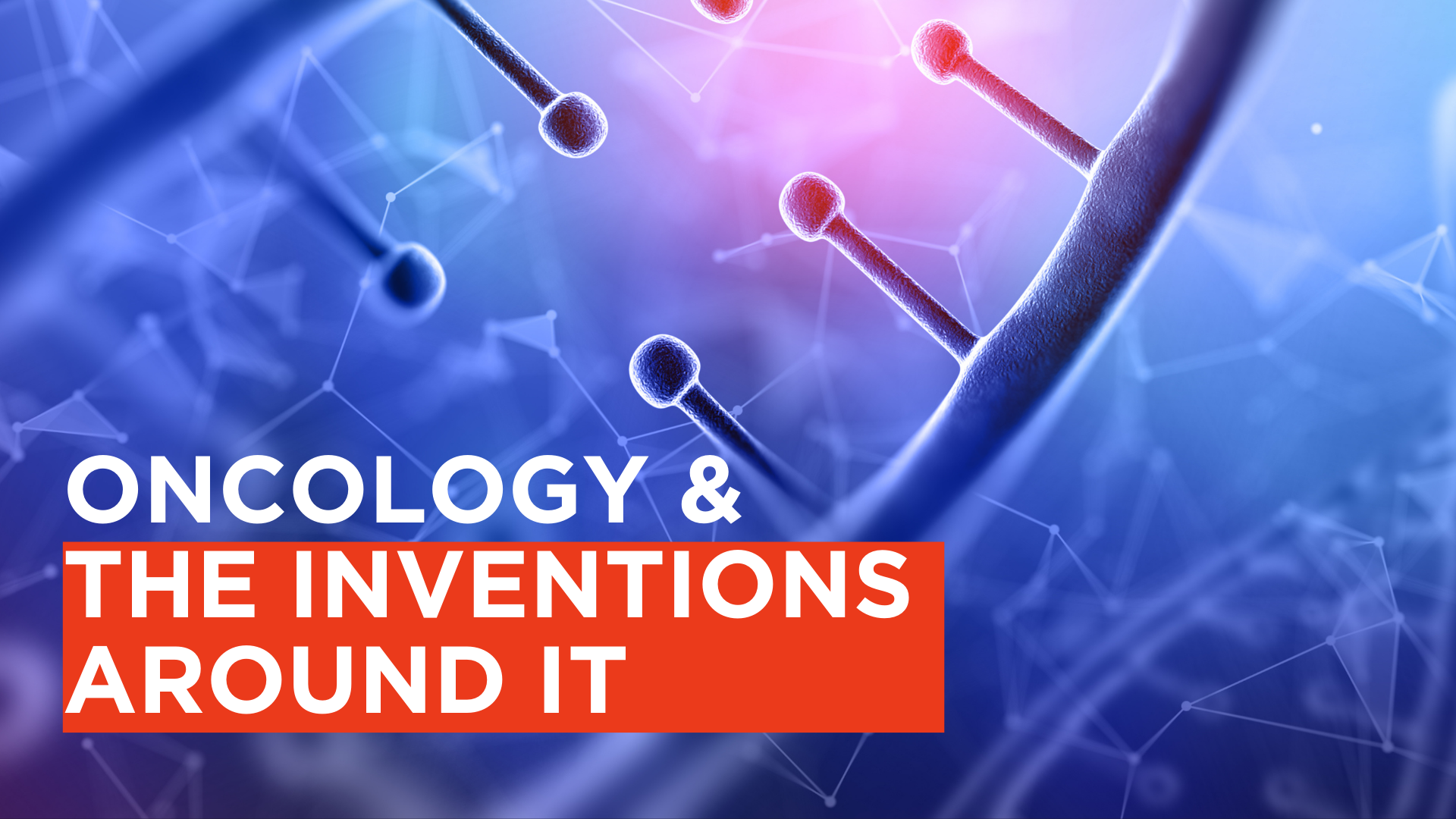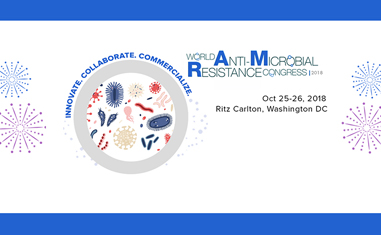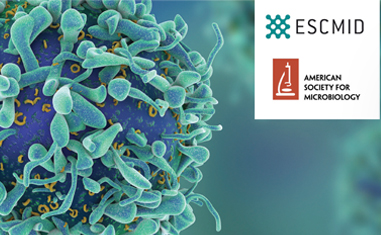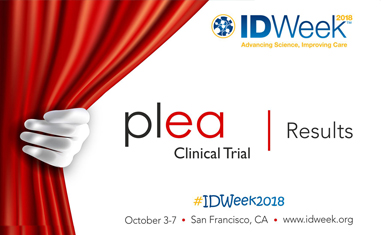Oncology And The Inventions Around It
Over the last couple of decades, there have been many discoveries and inventions in oncology. The cure of cancer is by far one of the biggest challenges of the 21st century. In the last two decades, our knowledge about cancer and its treatment has improved a lot. One of the biggest revelations was knowing the considerable variability that can be found between different types of cancer and between patients with the same kind of cancer. This means that the cure to cancer won’t be one, and patients will be treated according to their specific needs and requirements. To make personalized treatments for cancer patients, we need a range of wide enough therapies to cover the whole spectrum of types of cancer. In the last few decades, there have been many innovations of new technologies aiming to help the immune system identify and attack tumors. These are one of the possible ways to make a big difference in oncology for the treatment of cancers.
Over the past 50 years or more, the outcomes of people diagnosed with cancer have transformed from a 50% success rate in 1970 to now 85% in 2020. The transformation in the results has arrived because of the continuous research and improved healthcare facilities. This has affected the process of diagnosis of such chronic conditions. In addition, the advancement of technology in oncology has significantly improved the outcomes of treatments. However, looking at the extensive investment in the research and development in the oncology industry, experts say there is still much work left to do. For example, recent findings on oncogenes help us in the study of controlling the cancer-causing genes to reach their full potential as cancer cells. Most of the therapies include killing the cells, but recent research has focused on changing the nature of Cancer-causing cells.
Venus Remedies For Cancer Treatments
The team of Venus Remedies Limited has been working day in and day out to develop early diagnostic diagnosis solutions for cancer. Treatments that are cost-effective and can be used easily with the available tools. Venus medicine research centre recognized the unmet medical needs in oncology and has started developing appropriate solutions and therapies to fight cancer. They focus on multifunctional approaches and deliver efficiently targeted drugs with minor systemic toxicity when delivered within the therapeutic window. This helps in reducing the frequent administrations that will lead to a reduction of cost in the future. We at Venus medicine research centre believe in providing the best outcomes with minimal cost. We are designing a platform to work on specific target organs with our approaches like DPPC (Drug-protein Polymer Conjugate) and target-based nanotechnologies like STN (Stealth Targeted Nanodelivery). Our NDDS or Novel Drug Delivery System includes drug delivery to a defined population of cells or organs for chronic diseases like cancer. The minimized uptake of an active drug by normal cells helps enhance the influx and retention of the drug in target the advancement in multiple fronts.
Venus medicine research team believes that providing an early diagnosis solution is the critical step in managing cancer; timely and accurate detection helps make it easier to treat. In terms of the diagnostics research team at VMRC has completed all clinical trials of Cancer detection product (VRP-1620), which, when used as an adjunct with sonomammography, helps increase the positive predictive value (PPV) specificity to a significantly high level without reducing the specificity. The cancer detection product (VRP-1620) developed at VMRC helps increase the accuracy of sonomammography in the detection of solid breast tumors by increasing the vascularity of breast tumour cells. In addition, it is proven to be a well-tolerated ETB receptor agonist. Therefore, VRP-1620 may be considered an adjunct to Sonomammography for a more accurate diagnosis attained by an increase in specificity with no concomitant decrease in insensitivity.
The Bright Future of Cancer Treatment
The advancement in multiple fronts is helping in making cancer a more manageable disease in society. However, there are still many unmet needs to be fulfilled, and any new and effective treatment will be an addition to the oncology research field. With more options available, the patients will be able to have therapies or treatments that are specific to their needs. With the research improving with every decade, experts say, we can expect a future where we will have much more precise treatment based upon the genomic signature of the patient. Many of the new technologies against cancer still have to prove their worth in clinical trials. But if we think about the best-case scenario, it is until the next few years that they are available. However, for the future generation, the current trends in oncology will personalize cancer treatment, and the chances of beating this chronic disease will be higher than ever.
References:
- https://www.mckinsey.com/industries/pharmaceuticals-and-medical-products/our-insights/delivering-innovation-2020-oncology-market-outlook#
- https://health.usnews.com/health-care/patient-advice/slideshows/10-innovations-in-cancer-therapy?slide=11
FAQs About Cancer and Oncology
1. Is cancer a genetic disease?
Cancer is, in fact, a genetic disease. This is because cancer is caused by mutations or changes to genes that control the way our cells function, causing them to behave irregularly. These mutations can be inherited, as they are in about 5-10 per cent of all cancer cases. Still, it’s much more likely that these gene changes occur during a person’s lifetime due to other factors besides genetics.
2. Why do people with the same cancer get different treatment and have various problems?
A lot depends on the stage of the disease and the particular person. For instance, in breast cancer with involved lymph nodes, if the patient is postmenopausal, the best treatment advised may be a hormone tablet. But if the patient is premenopausal, the method might change to be chemotherapy.
3. What are the stages of cancer, and what do they mean?
Cancer typically has four stages: I through IV (1 through 4). Some cancers even have a stage 0 (zero). Here’s what these stages mean:
Stage 0: This stage means the cancer is still found when it started and hasn’t spread to nearby tissues. Stage 0 cancers are often curable.
Stage 1: This stage usually represents a small tumour or cancer that hasn’t grown deeply into nearby tissues. It’s sometimes called early-stage cancer.
Stages 2 and 3: Usually, these stages represent more significant cancers or tumours that have grown more deeply into nearby tissues. They also may have spread to lymph nodes. However, they haven’t spread to other organs or parts of the body.
Stage 4: Cancer in this stage has spread to other organs or parts of the body. It may be referred to as metastatic or advanced cancer.
4. Are chemicals and pollutants responsible for causing cancer?
Yes, but in a tiny portion of particular cases only. In specific jobs, prolonged exposure to a few chemicals may cause certain rare kinds of cancers. Nowadays, almost all of these substances have been identified and are regulated.
5. Why is screening helpful to early detection?
Screening helps find health problems before symptoms appear. Examples of screening tests include mammograms to find breast cancer and colonoscopy to find colon cancer. Early detection catches cancer when it’s in an earlier, more treatable stage.




